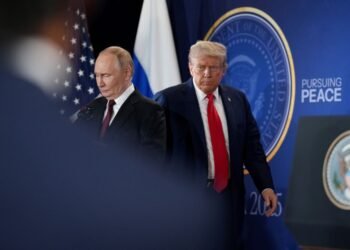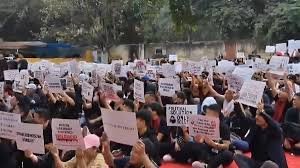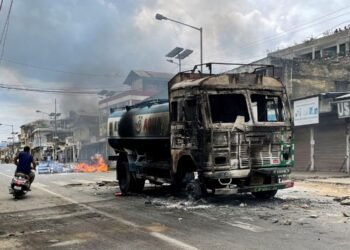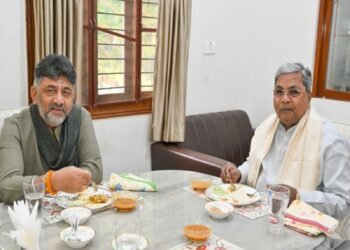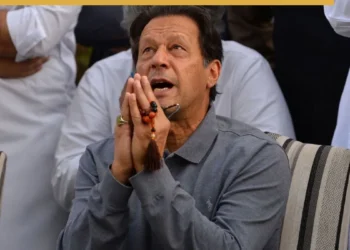US President Donald Trump will host Pakistan army chief Gen Asim Munir for lunch in Washington on Wednesday, a meeting that will be widely monitored because it comes only days after India and Pakistan’s military hostilities.
Experts believe Munir’s meeting with Trump, which comes against the background of the rising Iran-Israel confrontation, would focus on Middle East issues rather than any strategic reset in relations following the four-day war with India in May.
Michael Kugelman, a US-based South Asia analyst, argued on X that the meeting is significant because Trump is considering options in the conflict with Iran.
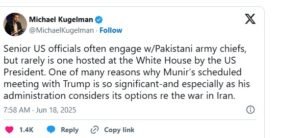
General Pervez Musharraf, the last Pakistani military leader to meet a sitting US President, did so in 2001. During his term as a military dictator, he did so as the nation’s head of state rather than just the army chief.
Trump is also likely to quiz Munir about his country’s attitude on Iran, especially now that Pakistan’s civilian leadership has declared unconditional support for Tehran in response to Israeli bombings.
ALSO READ: No US Mediation behind India-Pak Ceasefire: Modi tells Trump
Indications of the Meeting
The timing of the meeting is crucial, as it occurs amid an intensifying high-stakes confrontation between Israel and Iran. Pakistan has a land border with Iran, and its geopolitical positioning as a frontline state in the conflict is strategically vital for the US, particularly if Washington opts for direct involvement in the war.
An ally of the US, Islamabad has shut its air and land routes with Iran as the conflict with Tehran intensified. The action will probably leave hundreds of individuals stuck on each side of the border. Pakistan has multiple land connections with Iran, the most notable being the Gabd-Rimdan border in Balochistan’s Gwadar district and the Taftan border crossing in Chaghi district.
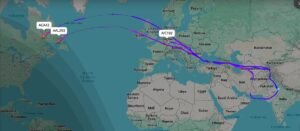
The reported closure occurred on Sunday and is expected to result in food and oil shortages in various areas of Pakistan’s Balochistan province, where vital supplies are frequently smuggled from Iran.
The report noted that the Chief of the Pakistan Army reached Washington on Sunday for a five-day official visit that is “mainly bilateral” and focused on strengthening military and strategic relations with the United States.
His visit faced criticism from numerous Pakistani citizens and Pakistani Americans, who demonstrated outside his hotel and near the Pakistani embassy in Washington, demanding the reinstatement of what they termed “unrestricted democracy” in Pakistan.
Trump’s gesture subtly acknowledges Munir as Pakistan’s actual leader, while Washington seemed to be seeking his backing, or at the very least, compliance, for its intended actions against Iran if Tehran’s leadership does not give up its nuclear program. The US and Israel aim to ensure Iran stays isolated within the Islamic umma, receiving no backing from Pakistan, as its unstable situation makes it susceptible to pressure while allowing it to shift allegiances for a cost.



